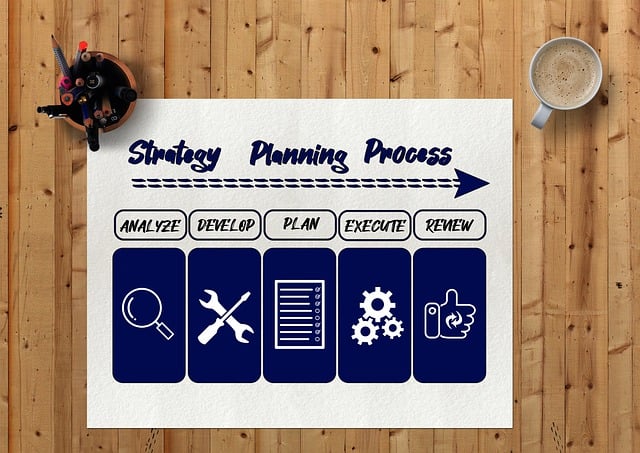In real estate, tracking tailored KPIs like sales volume, market share, and customer satisfaction is crucial for success. Monitoring metrics such as GLA, foot traffic, and conversion rates helps professionals assess marketing effectiveness, refine strategies, identify trends, and outperform in a competitive market. Data analysis enables uncovering trends, optimizing strategies, enhancing client relationships, and staying ahead in the industry.
In today’s data-driven world, tracking real estate performance using key metrics is essential for staying ahead. This article guides you through the process of identifying relevant metrics tailored to the unique aspects of the real estate industry. We’ll explore effective strategies for tracking and analyzing performance, empowering you to make informed decisions. By leveraging data insights, learn how real estate professionals can drive strategic initiatives, optimize operations, and ultimately, enhance overall business success in a competitive market.
Identify Relevant Key Metrics for Real Estate

In the dynamic realm of real estate, tracking performance using key metrics is paramount for gauging success and making informed decisions. The industry’s unique aspects necessitate a tailored approach to metric selection. Key Performance Indicators (KPIs) should align with specific goals such as sales volume, market share, customer satisfaction, and property occupancy rates. For instance, tracking the time it takes to sell properties can provide insights into market conditions and listing strategies.
Moreover, metrics like gross leasable area (GLA), foot traffic, and conversion rates from leads to tenants or buyers are essential. These figures help assess the effectiveness of marketing campaigns, sales techniques, and overall business strategy. By regularly monitoring these relevant KPIs, real estate professionals can identify trends, make data-driven adjustments, and ultimately enhance their performance in a highly competitive market.
Track and Analyze Performance Effectively

In the competitive world of real estate, tracking performance using key metrics is essential for success. By effectively monitoring and analyzing data points such as listing views, conversion rates, and customer satisfaction scores, agents can gain valuable insights into their marketing strategies and client engagement. This proactive approach enables them to identify trends, pinpoint areas for improvement, and make data-driven decisions that optimize their performance.
For instance, tracking the number of prospective buyers who convert into actual clients helps real estate agents understand the effectiveness of their outreach methods. Analyzing this metric can reveal whether certain marketing campaigns or listing presentations are more successful in attracting and retaining potential home buyers. Such insights empower agents to refine their strategies, ensuring they remain competitive and effectively cater to their target market in a dynamic industry like real estate.
Use Data to Drive Strategic Decisions

In the dynamic world of real estate, data has emerged as a powerful tool for tracking performance and driving strategic decisions. By meticulously analyzing key metrics such as property sales rates, market trends, and customer satisfaction scores, real estate professionals can gain valuable insights into their operations. These data-driven perspectives enable them to make informed choices about pricing strategies, marketing efforts, and even the development of new properties.
Leveraging data allows real estate businesses to stay agile in a constantly evolving market. They can quickly identify successful approaches and double down on them while also pinpointing areas for improvement. This proactive approach not only enhances operational efficiency but also fosters stronger client relationships based on transparency and performance metrics that speak volumes about the quality of service provided.






